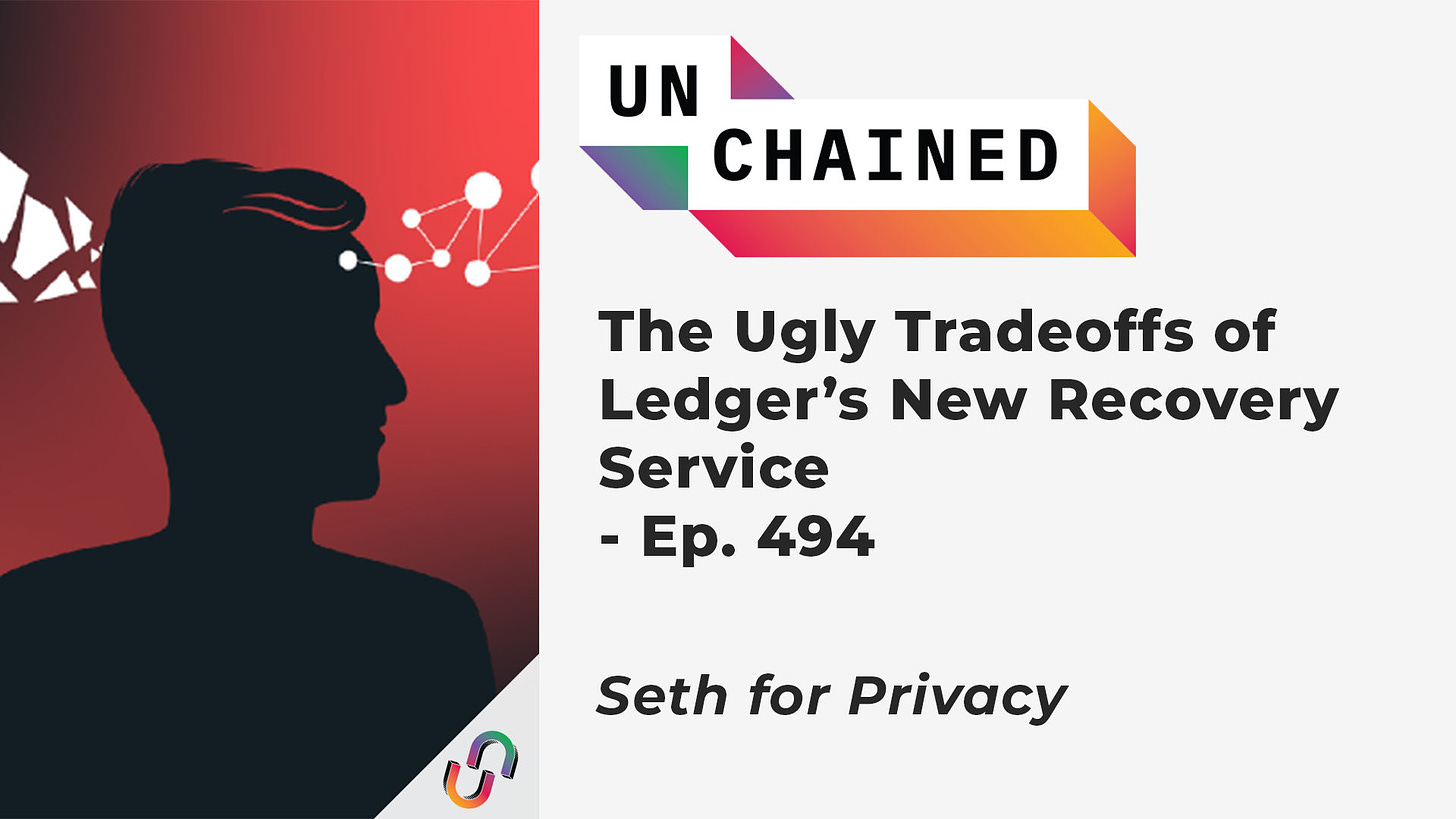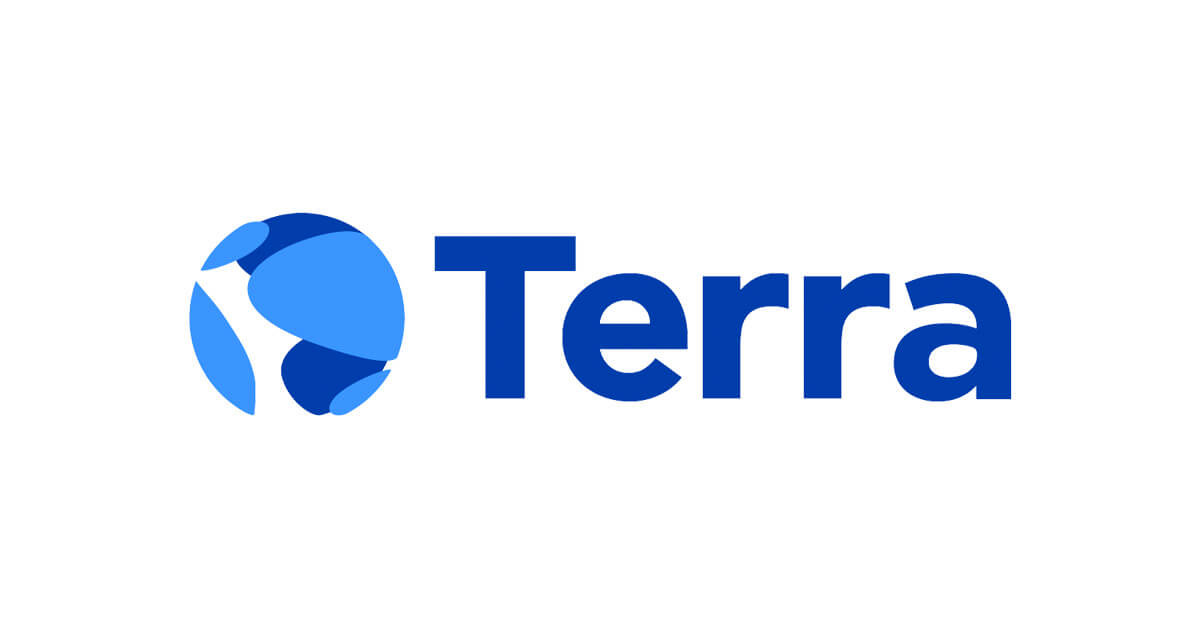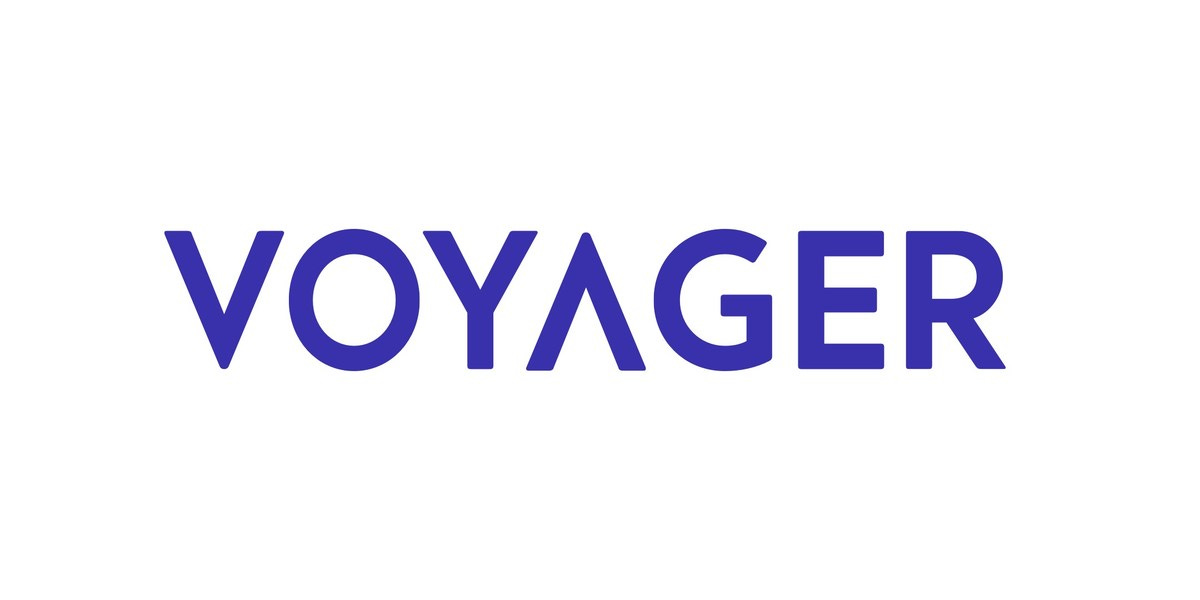Was Satoshi Nakamoto Pro-NFTs?
Weekly News Recap: 🎤 New show on Ledger Recover, 💼 legal backlash for SBF, 📄 Ripple’s win, 🤑 Tether’s Bitcoin investments, and more ❕
The Ugly Tradeoffs of Ledger’s New Recovery Service
In today's episode of Unchained, we delve into the contentious Ledger recovery service with Seth for Privacy, blogger, and head of content at Foundation Devices. The new service, which aims to enable users to recover their lost funds, has sparked a wave of controversy in the crypto community, drawing scrutiny from cybersecurity and privacy advocates alike.
As Seth points out, “the Ledger recovery service introduces a shift in the security model from what people usually are used to with a hardware wallet, which is a big deal.” This shift, which involves users trusting Ledger and a third party with their private key and personal identification, has raised concerns about potential security risks and breaches.
Seth also unpacks some of Ledger's security track record and the long-term implications of such a service on the larger cryptocurrency movement.
Weekly News Recap
SBF Faces Legal Backlash Over Alleged Fraudulent Acquisitions
This week saw the beleaguered crypto empire FTX suing its ex-CEO, Sam Bankman-Fried, cofounder Gary Wang, and former senior executive Nishad Singh, over claims of fraudulent activity. The lawsuit alleges that these key figures were aware of the insolvency of Alameda Research, Bankman-Fried’s trading shop, when they acquired the stock clearing platform Embed for $250 million.
FTX’s current leadership claims that the funds used in this deal were illicitly drawn from FTX customers. Additional suits have been lodged against Embed's founder and former CEO, Michael Giles, and the early investors who sold their stakes, such as Propel Venture Partners.
Notably, the case argues that FTX's bankruptcy representatives were swindled into a "terrible deal" due to the overvaluation of Embed, which they say is now virtually worthless. Subsequent attempts to sell Embed reportedly received bids far below the acquisition price. The highest bid was from Giles himself, for a mere $1 million.

In related news, Alameda Research and West Realm Shires, two FTX units, are suing to recover $6.9 million from Embed Financial shareholders, alleging misappropriation of funds before FTX's bankruptcy.
Jump Trading Profited Nearly $1 Billion From UST
Fresh SEC filings point towards Jump Trading as the unnamed firm that allegedly bolstered TerraUSD (UST) amid its 2021 de-pegging from the U.S dollar. This connection emerged from the SEC's lawsuit against Terraform Labs and its cofounder Do Kwon, which accuses them of investor fraud and misrepresentation regarding UST.
Jump Trading, a major player in crypto trading, has not been directly accused of any wrongdoing in relation to Terra/LUNA’s $60 billion collapse a year ago. However, the SEC filings suggest that the firm profited nearly $1 billion from its agreement with Terraform Labs.
As part of the deal, Jump was provided the option to purchase LUNA tokens at a 99% discount in exchange for making trades to improve UST's liquidity, a claim reinforced by a class-action complaint filed by lead plaintiff Taewoo Kim.
In a related development, Kwon was granted release from custody in Montenegro. Kwon, along with the company's former CFO Han Chong-joon, posted a bail set at €400,000 ($436,000), as stated by the Podgorica Basic Court. As part of their bail conditions, both will be under house arrest within the capital.
During their hearing, they refuted accusations that their passports from Belgium and Costa Rica were fake. The duo also vowed to adhere to the terms of their bail, including responding to court summons.
Tether Moves to Strengthen Reserves With Bitcoin Investments
Tether, the issuer of the dominant stablecoin USDT, announced this week that it will allocate 15% of its net profits to buy Bitcoin, in a move aimed to diversify and strengthen its reserves. Based on the company's last attestation report, this investment could total about $222 million worth of Bitcoin, adding to the $1.5 billion Bitcoin stash already in its reserves.
Tether CTO Paolo Ardoino said the move is rooted in what he called Bitcoin’s proven resilience, growth potential, and its standing as a favored choice among institutional and retail investors. Despite past controversy surrounding the company's reserve management, USDT remains the largest stablecoin, with a circulating supply of more than $82 billion.
SEC Stands Firm: No Rush on Crypto Regulation Clarification
In the ongoing legal tussle between Coinbase and the U.S. Securities and Exchange Commission (SEC), the agency requested that the court reject the crypto exchange's plea to expedite rulemaking on cryptocurrencies. Citing no legal obligation on a timeline for the response, the SEC emphasized the complexities involved in defining cryptocurrency regulations.
The request follows Coinbase's April legal demand for a prompt response to their rulemaking petition on how securities laws apply to cryptocurrencies.
Coinbase's chief legal officer, Paul Grewal, expressed concern over the SEC's stance, signaling that regulatory ambiguity might persist. He warned of continued enforcement actions in place of clear rulemaking.
Austin Campbell, a professor at Columbia Business School, echoed the concerns on Twitter: “I am starting to worry about the future of the US financial system; if blockchain continues to dominate mindshare and use cases continue to proliferate, the US will be playing from far behind the pack and having destroyed a lot of trust with companies, many of whom may not come back even if things change.”
Ripple Scores Legal Win as Judge Denies SEC Motion to Seal Hinman Speech Documents
In another one of its legal standoffs, the SEC faced a setback this week when a court denied its motion to seal documents linked to a 2018 speech by former Division of Corporate Finance Director, Bill Hinman, in which he stated that he did not view Bitcoin and Ether as securities.
The SEC previously argued that the documents, which Ripple sought in discovery, were irrelevant to the case and could jeopardize the 'openness and candor' within the SEC. However, Judge Analisa Torres of the Southern District of New York held that these were “judicial documents subject to a strong presumption of public access.” Torres granted some redactions requested by both parties, primarily for personal and financial information.
Ripple CEO Brad Garlinghouse hailed the ruling as "another win for transparency,” anticipating the soon-to-be-public Hinman emails. Meanwhile, the SEC may continue to challenge the admissibility of the documents as the trial progresses.
SEC Says Filecoin Is a Security
This week, Grayscale received a notice challenging the asset manager over its Filecoin Trust product. According to the SEC, Filecoin -- a token used in a blockchain-based decentralized storage network – "meets the definition of a security." Grayscale, disagreeing with this stance, said it “intends to respond promptly to the SEC staff with an explanation of the legal basis for Grayscale’s position.”
While Grayscale contests the SEC's assertion, the fallout of this regulatory tussle remains uncertain and could result in registering the Filecoin Trust under the Investment Company Act of 1940, or even seeking its dissolution.
Was Satoshi's Stance on NFTs Revealed?
A controversy erupted this week after the resurfacing of old Bitcointalk posts that suggested Bitcoin's mysterious founder, Satoshi Nakamoto, may have been 'pro-NFTs'. Udi Wertheimer, associated with Bitcoin Ordinals project Taproot Wizards, ignited the speculation by alleging that the first Bitcoin transaction ever was not for pizza, but for a JPEG image back in January 2010.
Wertheimer discovered a forum post in which a user 'Sabunir' announced plans to sell a JPEG for 500 BTC - four months before the famous 10,000 BTC pizza purchase. Satoshi himself appeared to provide advice on how to execute the transaction. However, critic Mike McDonald countered that the 500 BTC received by Sabunir were donations, not payment for the JPEG.

Regardless, Satoshi's involvement in the transaction led some to believe that he would have supported the concept of NFTs. As McDonald noted, “the most notable thing of all is that Satoshi treated this all like it was the most normal thing in the world. He'd have absolutely been pro ordinals.”
If you want to learn everything about the BRC-20 mania, don’t miss Tuesday’s episode of Unchained with Dan Held and Trevor Owens – or tomorrow’s episode of The Chopping Block.
Meanwhile, Dogecoin's daily transaction volume hit an all-time high, briefly surpassing that of Bitcoin and Litecoin, after the introduction of DRC-20s.
Celsius Navigates Lido Withdrawals Amid Asset Auction Turmoil
Bankrupt crypto lender Celsius reportedly transferred its 428,000 staked ETH (stETH) valued at around $780 million to another wallet just before Lido, the leading Ethereum liquid staking protocol, activated withdrawals. Amid some conjecture, Simon Dixon, CEO of investment firm Bnk To The Future, commented, "[Celsius is] likely lining up for staking directly without LIDO in the middle."
According to on-chain data, Celsius accounts for 96.8% of stETH withdrawal requests on Lido. This has sparked concerns about prolonged unstaking times, though Lido reassured that a buffer of 440,000 ETH is expected to accommodate large withdrawals.
As Celsius navigates its complicated scenario, a consortium known as Fahrenheit, including venture capital firm Arrington Capital and miner U.S. Bitcoin Corp, has emerged as the lead bidder for the lender's $2 billion worth of assets in its bankruptcy auction. Michael Arrington, founder of the eponymous VC firm, explained the bid structure, saying, "We are proposing that the assets be placed into a new company and run with the sole goal of growing those assets to make stakeholders whole."
BlockFi Moves Forward With Liquidation Proceedings
In an escalation of its bankruptcy proceedings, BlockFi has emphasized its commercial claims against FTX and Alameda as pivotal, with potential recoveries to creditors exceeding $1 billion. The success of the litigation will heavily influence the return of funds to clients.
Additionally, BlockFi is set on liquidating its lending platform. Its lawyers stated: "Given recent regulatory developments, among other things, there may be a lack of meaningful value to be generated from a sale."
On the flip side, the bankrupt lender stated that, according to its estimates, nearly $300 million is due to be returned to BlockFi custodial wallet users. Additionally, the company confirmed that a hearing on the liquidation plan is scheduled for June 20, though the final course of action will depend upon approval from the bankruptcy court.
Voyager Digital Receives Approval to Start Payouts
Bankrupt crypto lending firm, Voyager Digital, is commencing its liquidation process with customers poised to recover around 35%, or $1.33 billion, of their cryptocurrency deposits. The payout process is expected to commence as early as June 1, with the recovery rate hinging on the results of future litigation.
The firm's liquidation plan comes after a failed buyout attempt by Binance.US, and two unsuccessful sale attempts, including one by now-bankrupt FTX. Voyager aims to repay customers with the same type of cryptocurrency they had in their accounts or with the stablecoin USDC for unsupported tokens and the proprietary VGX token.
Crypto Legislation Is Passed in Europe
The Council of the European Union, representing 27 member states, unanimously approved the much-awaited Markets in Crypto Assets regulation (MiCA). It requires wallet providers, exchanges and other types of crypto institutions to get licensed to operate across the bloc and sets reserve standards for stablecoin issuers.
Meanwhile, France has extended a welcome to crypto firms seeking refuge from U.S. regulatory uncertainty. The country already has 74 registered crypto companies, a number that could increase dramatically with the new MiCA laws. "We are proud to be pioneers,” expressed Benoît de Juvigny, a French authority.
The EU’s regulatory clarity is also driving a surge in venture capital funding for EU-based crypto startups. As pointed out by Patrick Hansen, EU Policy Director at USD Coin, regulatory clarity is attracting capital and entrepreneurs globally, with VC investment in European crypto projects skyrocketing to nearly 10 times within a year.

FUN BITS 😁
Ginny from Unchained has thoughts about how Sam Altman of OpenAI is turning back to crypto and Worldcoin:
If you enjoyed this, don’t forget to follow Unchained on all social media platforms. Find the links below ⬇️
🔗Join Unchained Premium to get access to:
🎙️ Behind-the-scenes interviews, in which I talk with crypto experts and entrepreneurs to learn all about the latest developments in the industry.
💬 A subscriber-only Telegram group, where you can talk with the other members of the Unchained community, build a network in crypto, and talk directly with me and the Unchained team!
📰 Transcripts of all the shows, for subscribers only.
If you liked what you read:
👍 follow me on Twitter, Facebook, Instagram, TikTok, Mastodon and/or LinkedIn
🎧 subscribe to Unchained on YouTube, Apple Podcasts, Spotify, Google Podcasts, Pandora or wherever you get your podcasts
👯♀️ share Unchained with a friend
and/or 📚buy my book, The Cryptopians: Idealism, Greed, Lies, and the Making of the First Big Cryptocurrency Craze











